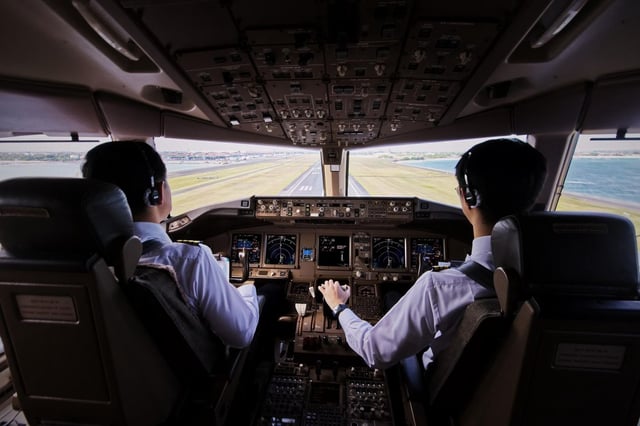Overview
- The Germanwings Flight 9525 crash on March 24, 2015, killed 150 people when co-pilot Andreas Lubitz intentionally locked the cockpit and crashed the plane.
- The tragedy led to regulatory changes, including recommendations for two crew members in the cockpit at all times, though this rule was later relaxed in 2016.
- Mental health evaluations for pilots were expanded, with the European Commission mandating support programs in 2018, but stigma and underreporting persist among pilots.
- The reinforced cockpit door, introduced post-9/11, prevented the pilot from re-entering and contributed to the crash, though no changes to this security measure were recommended.
- On the 10th anniversary, international ceremonies in the French Alps honored the victims, highlighting both progress and unresolved issues in aviation safety and mental health management.


